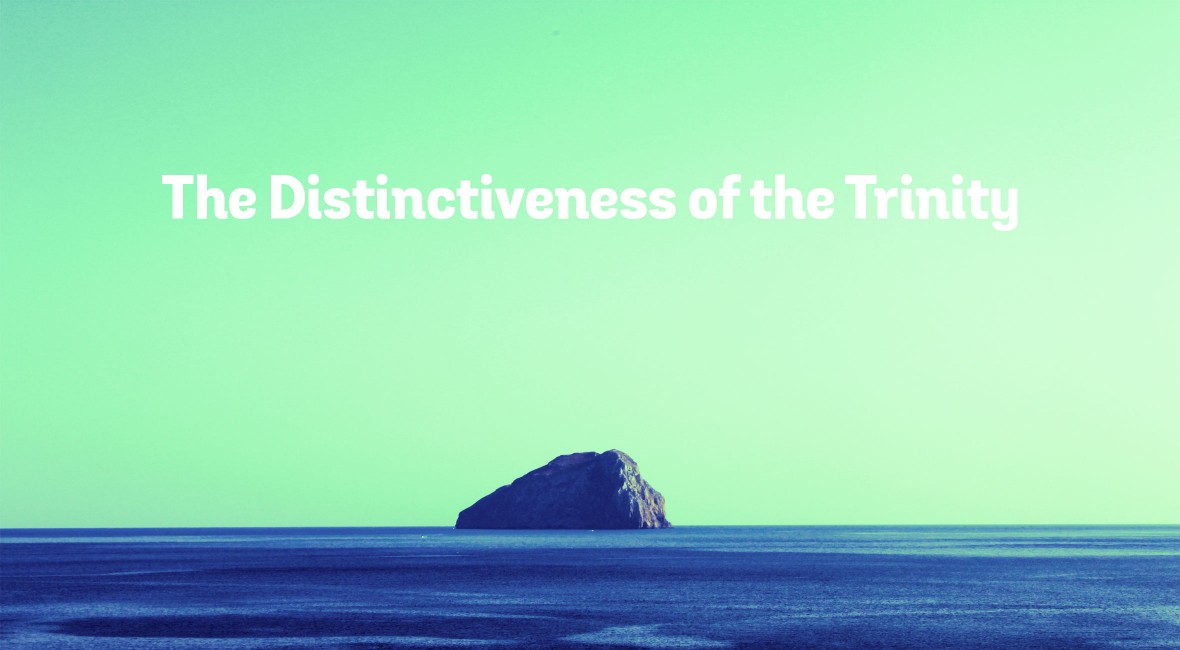The church where I now pastor made an important decision not long ago that resulted in significant organizational change. Sensing God leading them in a new and radical direction, they voted to join forces with a church plant in the area, and together these two bodies formed one new church, which is now Hope Church in Westerville, Ohio. As we walked through this process together, it became clear to me that there is a wide variety of emotional responses to significant changes in life. I called this The Emotional Spectrum of Change.
Knowing where we are in the process of change will help us to understand how to respond to those powerful emotions.
For most Christians, the local church to which we belong has a rich and vital role in our lives. Not only is our soul nourished there through worship each Sunday, but many of our closest friends are there. Church is more than something to which we belong; church is something we are. The community with whom we gather to worship and follow Jesus is one of the most important things in our lives. So when we experience change in this area, we often feel the effects of that change on a deeply personal and emotional level.
I believe that it is immensely helpful to be able to identify where we are, emotionally, with whatever change we may be experiencing. Knowing where we are in the emotional process of change, as individuals or families, will help us to understand how to respond to these feelings. God expects us to live wisely, to respond well, and to understand ourselves relative to both our circumstances and our emotional conditions. With that, I would like to introduce you to The Emotional Spectrum of Change.

